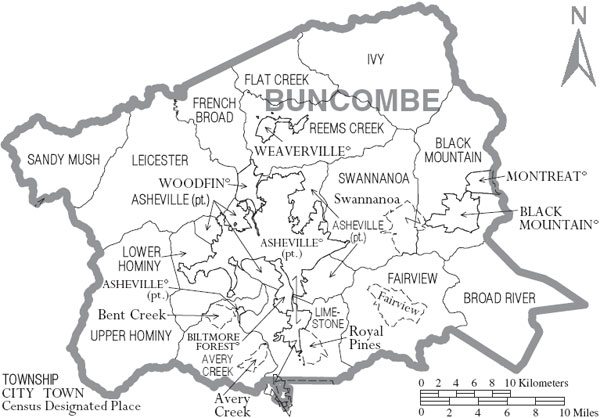
October 19, 2017; Mountain Xpress
The Mountain Xpress reports that county commissioners in Buncombe County (centered on Asheville) are “signaling a shift in philosophy and priorities regarding how economic development incentive dollars will be doled out.” At the commission meeting, commissioners voted to remove $1.5 million from the county’s $5 million economic development incentive pool to finance a small business loan program and expand preschool education.
Reporter Dan Hesse writes that, “From the savings generated by the change, commissioners tabbed $200,000 for small-business loans and $250,000 for preschool expansion efforts. County staff added that minority businesses will be given preference in regard to the loans.” The rest of the money shifted will be held in reserve by the commission to be available to fund other projects.
The amount is modest, but the shift is significant. For a long time, economic development incentives have been seen as politically untouchable. So, the sentiment went: “Why should nonprofits care? Can’t change it anyway.” But this example from Buncombe County, home to just over 256,000 western North Carolina residents, suggests that maybe, rather than dedicating resources to chase after Amazon or fund other economic development “deals,” you actually can shift public resources from tax incentives to instead more directly support your local economy.
As NPQ noted last month in a review of tax incentives in neighboring Tennessee, the public taxpayer might enjoy a bigger bang for the buck if money used for economic development incentives were shifted to support something else. In that article, we gave “early child education” as one possible viable alternative. Of course, adding $250,000 for preschool expansion is only a very small step, but it’s certainly in the right direction.
Sign up for our free newsletters
Subscribe to NPQ's newsletters to have our top stories delivered directly to your inbox.
By signing up, you agree to our privacy policy and terms of use, and to receive messages from NPQ and our partners.
The county also changed its policy for how businesses need to qualify to obtain tax breaks from the county. In particular, the new policy will require that businesses receiving incentive payments agree to pay their workers more. According to County Planner Jon Creighton, “Wages must start at, or reach within four years, 100 percent of the county’s average wage rate ($20.93 per hour), with incentives increasing as salaries increase.”
Notably, on a divided City Council, tightening the rules on economic development incentives got widespread support. Hesse’s account highlights the tenor of the discussion:
“The economy is good. Buncombe County is a desirable place to locate to. Do we need to pay incentives as high as we’ve paid in the past? This equates with good times,” said Creighton of the more stringent incentive requirements.
Last year, Commission Chair Brownie Newman campaigned on raising the wage required to qualify for incentives, as well as bringing small businesses into the economic development fold. “In the past we’ve had great projects, but they weren’t really raising the wages in the community. This new policy clearly only contemplates considering partnerships where we raise wages in community,” he said before commissioners unanimously approved the incentive tweaks.
—Steve Dubb













